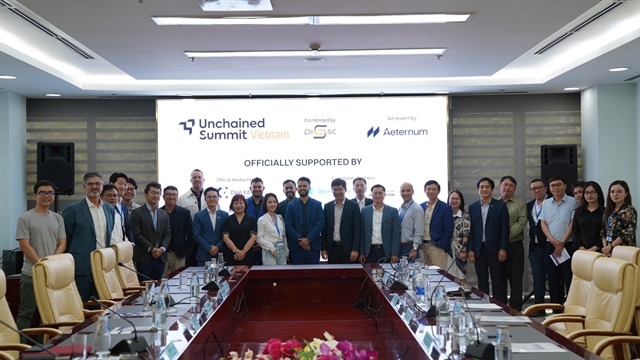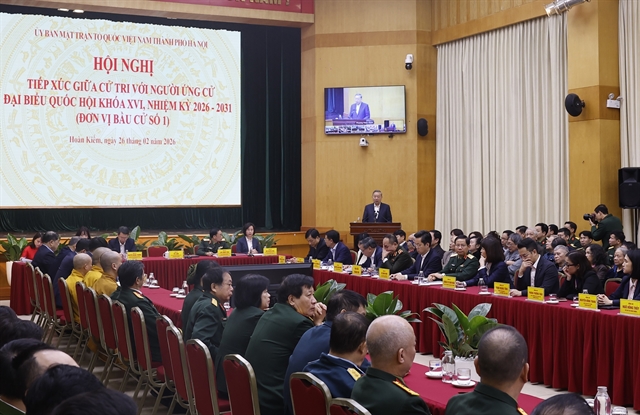 Economy
Economy

The digital transformation is an irreversible trend according to Nguyễn Phú Tiến, Deputy Director of the Ministry of Information and Communications.

|
| The Vinamilk production line. The company have been applying digital technologies for nearly twenty years. Photo courtesy of Vinamilk |
HÀ NỘI — Digital transformation will play a vital part in helping businesses recover after the COVID-19 pandemic, according to experts.
The digital transformation is an irreversible trend according to Nguyễn Phú Tiến, Deputy Director of the Ministry of Information and Communications. He added that this transformation will help to reconstruct markets in the new normal. His comments were part of a seminar held by the Việt Nam Chamber of Commerce and Industry (VCCI) in Hà Nội on Friday.
The Prime Minister was encouraging this digital transformation, including digital government, digital economy and digital society, he said. This change would not only be limited to large enterprises; in fact, smaller enterprises perhaps would have the most to gain.
Tiến said that raising awareness was the most important part of the digital transformation. Enterprise leaders must realise that this would be an unstoppable trend, and react appropriately. The earlier businesses exploit this change the greater the rewards to be reaped.
Lê Thanh Liêm, Chief Financial Officer of the Việt Nam Dairy Products Joint Stock Company (Vinamilk), said the digital transformation needed foundation and commitments from the government, ministries and the sector itself.
Vinamilk identified the digital transformation trend in business development nearly 20 years ago, from production, supply, and sales to financial management, he said.
The company had almost maintained normal production and business activities during the pandemic, even though its office operation was reduced to 10 per cent and sales activities were limited.
Vinamilk had applied technology to all stages of its operation, including production, transport and storage, he said.
Liêm was quoted by the Vietnam News Agency as saying that: “Việt Nam has had many laws and guiding circulars relating to digital technology. However, it is necessary to promote digitalisation in management and administrative procedures to create more favourable conditions for businesses.”
The application of technology in financial and tax activities gained good results in the past years, he said.
At the conference, Nguyễn Hải Hưng, Managing Director of Deloitte Vietnam, said that while COVID-19 had created a crisis, it would not be the only crisis in the coming years. Enterprises must prepare to overcome these difficulties.
These preparations would include good management in human resources, risk and finance, Hưng said.
According to Phạm Hoàng Hải, head of Cooperation Group at VCCI’s Việt Nam Business Council for Sustainable Development (VBCSD), the council has the corporate sustainability index (CSI) to help businesses manage risks and restructure themselves.
Enterprises applying these CSI indicators have gained growth in corporate revenue and labour income, and stabilisation in labour force and production. Human resources and corporate management are important factors for enterprises at the moment.
Đoàn Thị Mai Hương, General Director, the South Aviation Services Joint Stock Company (SASCO), said the pandemic had forced the company to change its business strategy and focus more on human resources. If human resources were protected, the company would be protected.
The company had ensured income for employees during the pandemic. In addition, during the pandemic, SASCO had provided training courses to improve the quality of human resources, Hương said. — VNS




